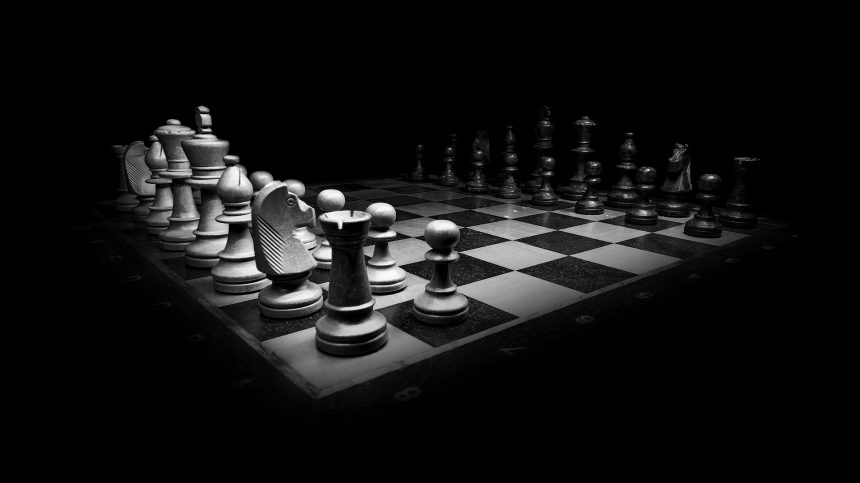All images are uploaded from Pixabay.com
Chess is a complex strategic game where there are tons of variants that your game might be moving forward to. For newbies, getting stuck under 1000 elo is not surprising as they need to understand many things rather than purely using their IQ to play the game. This article will elaborate how to get a 1300 elo rating in chess.
This article is written based on experience so some thinking might be wrong to some players and I do apologize for that as I am also in the process of learning.
Now before reading this article, please make sure that you at least understand the basics of chess, how each piece works, all the chess notations like C1 or kC2. Now let’s get into it.
- In the opening, It is highly suggested that you move the pawn first, then the night then the bishop and then castle. There are many opening moves out there that exist such as the Queen Gambit, The London system and many more so please learn at least 1 so that it saves time for you from calculating what to move next in the opening.
- Do not move a piece twice in the beginning for development sake. Most beginners did that especially with the queen and that will hinder their development. Developing a piece is essential as the opponent will not give you time to prepare when they start attacking so always have your pieces ready out.
- Fighting for the center. Controlling the center is important as it usually gives you the maximum amount of space for your pieces to move so always try to grasp control over the center. There are many openings that help you achieve that and one such opening is The Queen Gambit opening.
- Always think before moving your piece. Use SWOT as the basis of your thinking. What is your strength for moving this piece there and what is your weakness after moving the piece ? Which piece loses the protection after you lose this peace and what is the opportunity or threat accompanying your move.
- Next is about spaces that your side grasp. If you have more control of space on the board than your opponents, avoid trading pieces because it is to your advantage as the opponent pieces are cramping together. Unsurprisingly, if you got less control over the space than your opponent then always try to trade pieces and destroy your opponent’s advantage over you.
- Always try to look for an open file for your rook as rooks belong to open files to give them the maximum space to move. Even sacrificing a pawn for opening a file for your rook is worth it sometimes. Remember also that doubling your rook on open files almost tripled their powers.
- Always have suspicion towards free pieces because hardly will ever your opponent offer you a free piece. Usually, there are traps that were set up for you and all they need is for you to take the bait.
Study an endgame. - Endgame is probably the hardest phase in chess. So much calculation is needed. The most common endgame is a rook endgame so at least make sure that you have a basic understanding regarding a rook endgame.
 Login as
Login as







